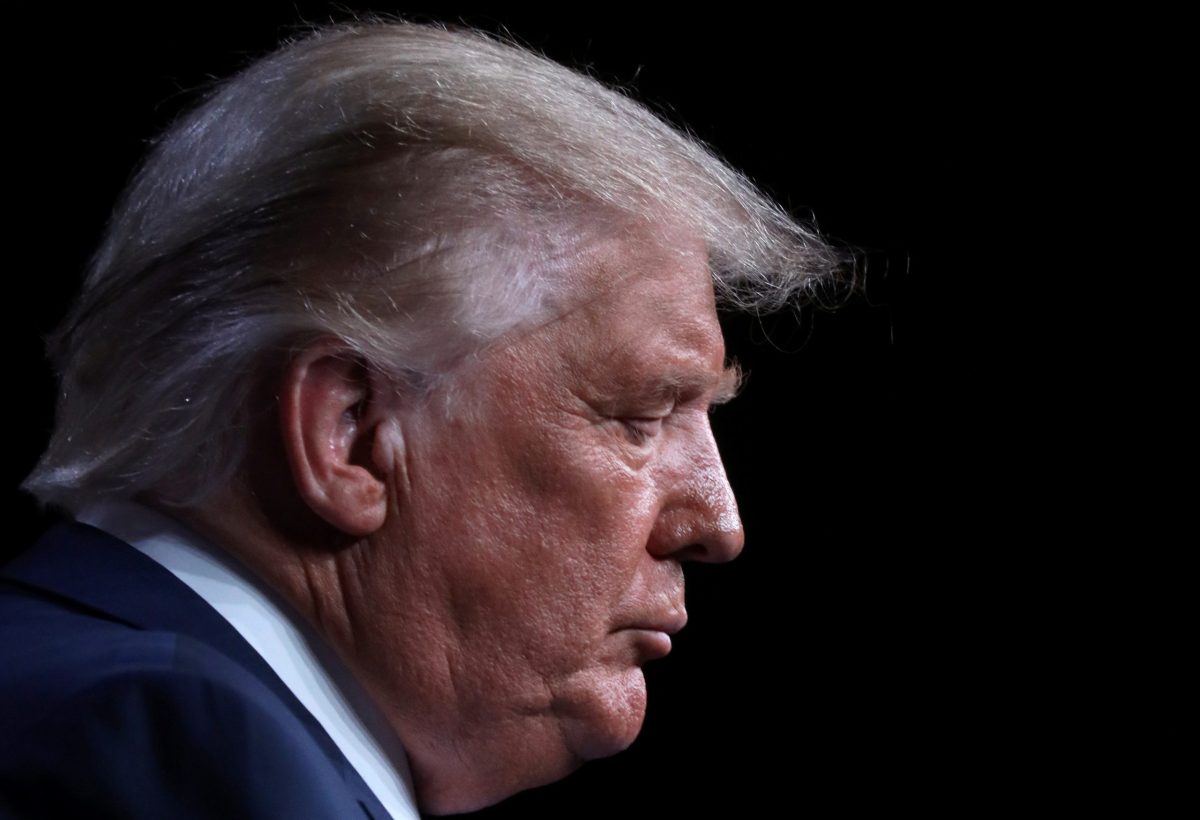BY NANDITA BOSE
Five non-profits, including three voter advocacy groups, filed a lawsuit on Thursday against President Donald Trump’s social media executive order from May, arguing it hurts the rights of voters who receive information through social media about mail-in voting.
This comes after a separate lawsuit was filed in June by the Washington-based Center for Democracy & Technology, backed by large tech companies, which argued that Trump’s action violates the First Amendment.
Trump issued an executive order in May against social media companies in an attempt to regulate platforms where he has been criticized, just days after Twitter took the rare step of fact-checking one of his tweets about mail-in voting. Trump threatened to scrap or weaken a law known as Section 230, which protects internet companies from litigation over content posted by users.
Earlier this month, the Trump administration filed a motion asking a court to dismiss the CDT lawsuit, calling it a “profound misunderstanding.” The administration argued that the order only directs government agencies, and not private companies, to act.
The latest legal challenge was filed by voter advocacy groups Rock The Vote, Voto Latino and Common Cause, along with watchdog groups MapLight and Free Press that rely on social media to raise voter awareness and increase voter turnout.
Trump’s executive order hurts online platforms’ ability to moderate and speak and impedes the plaintiffs’ efforts to advocate for accurate information online about voting, the lawsuit said.
“Now, beyond focusing on our core mission to promote participation in our democracy, Rock the Vote has been burdened with the unfortunate and absurd task of correcting misinformation, lies shared by government officials, which can and should be fact-checked by online platforms,” said Rock the Vote President Carolyn DeWitt.
Trump has increasingly attacked mail ballots amid growing evidence that it is likely to help Democrats heading into the crucial Nov. 3 contest. He has repeatedly and without evidence said that an increase in mail-in ballots would lead to a surge in fraud, although Americans have long voted by mail, as has Trump himself.
“The lawsuit makes the point that these are organizations that have been directly impacted by the false information President Trump is disseminating and by his efforts to stop platforms like Twitter, Facebook that people they (the groups) are trying to register to vote use to get their information,” said Kristy Parker, counsel with Protect Democracy, a non-profit that challenged Trump’s order on behalf of the advocacy groups.



































